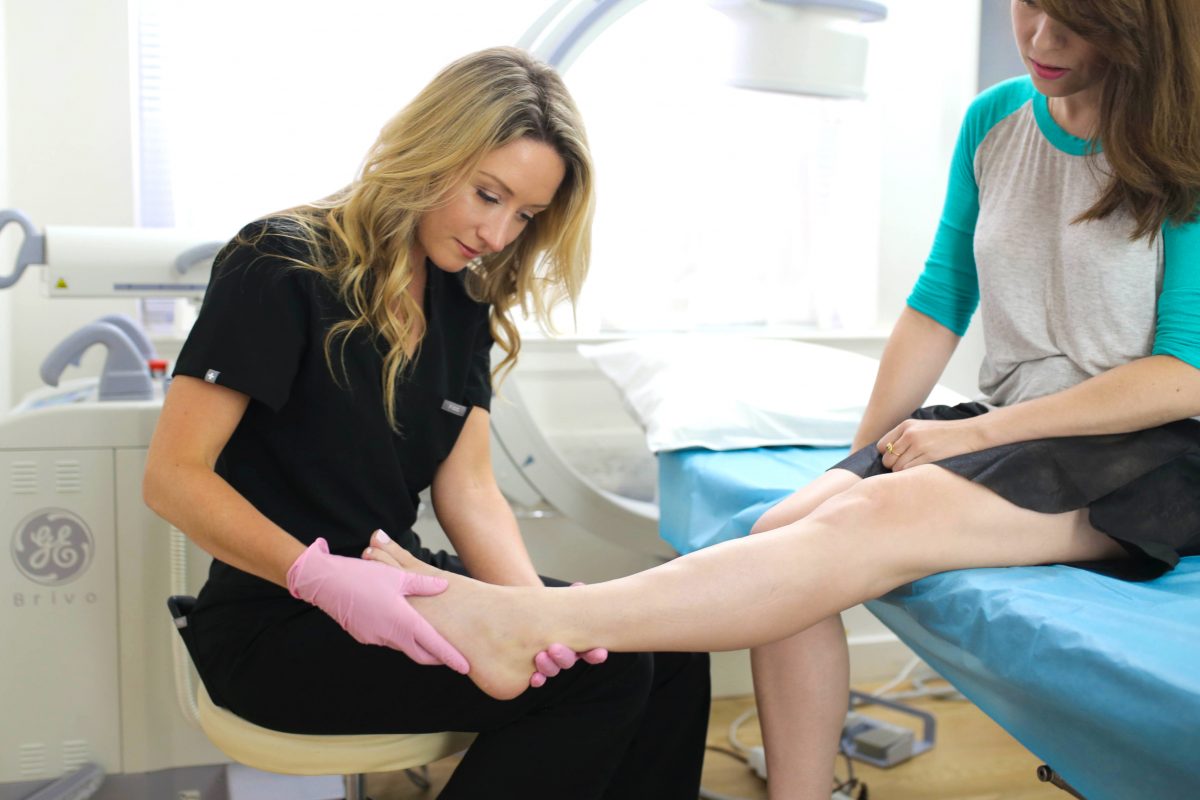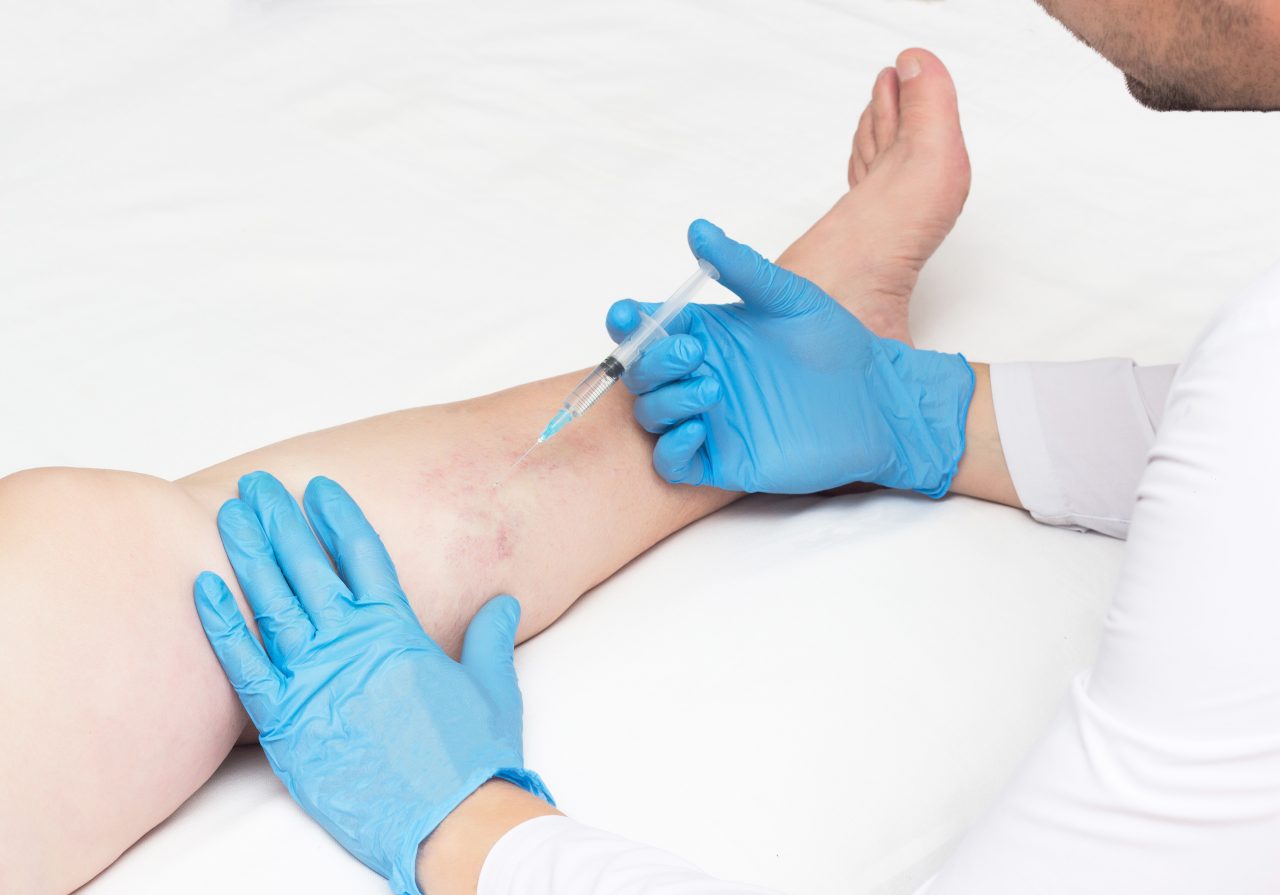Understanding Vascular Surgeons and When to Consult One?
Cuerpo
Are you suffering from ugly and inflamed veins in your legs? You might be suffering from chronic venous efficiency. But how to confirm it? You must consult a vein specialist. It might be possible, but you won’t know,” What Kind of Doctor is a Vein Specialist?”
What Kind of Doctor is a Vein Specialist?
A vascular surgeon or phlebologist is known as a vein specialist. A vascular surgeon is a specialized medical doctor committed to the analysis and management of vascular diseases that affect arteries, veins, lymphatics, and capillaries. These are the networks of blood and lymphatics responsible for blood and lymph circulation in the body, respectively. These diseases are blood clots, varicose veins, aneurysms, lymphedema, diabetic foot ulcers, and peripheral artery diseases. They also offer services from minor, and even major operations meant to help the patients get proper flow within their bodies.
What Does a Vascular Surgeon Do?
Vascular surgeons are highly skilled individuals who have completed much training to be specialized surgeons in the field. Their education typically includes:
● Medical School: 5 years of Grueling hard work.
● General Surgery Training: 3 years were spent in a general surgery program to get more specialized in various operations.
● Specialized Vascular Surgery Training: An additional three years for the basic vascular surgical operations.

It includes arterial, venous, and lymphatic circulation that they master to assess the function of the vascular system. Specialists in the field include acting as carotid endarterectomy to deal with peripheral artery disease, varicose veins, deep vein thrombosis, aneurysm, and other problems concerning circulation. They do both simple procedures, such as angioplasty and stenting, and complex surgeries, like those involving bypass grafts. Significantly, Diabetes Educators collaborate with cardiologists, radiologists, podiatrists, and wound care specialists.
When to see a Vascular Doctor?
Several scenarios might prompt a referral to a vascular surgeon:
1. Risk Factors for Vascular Disease:
Men with risk factors of diabetes, hypertension, elevated cholesterol, history of smoking, being overweight, or having a history of any type of vascular disease should consult a vascular specialist.
2. Symptoms of Vascular Disease:
Some signs and symptoms of the condition are pain in the legs when walking, leg swelling, and leg ulcers or open wounds on the legs or feet. These might be due to peripheral arterial disease or chronic venous stasis.
3. Diagnosed Vascular Conditions:
In case you have been diagnosed with illnesses like PAD, varicose veins, or an abdominal aortic aneurysm, a vascular surgeon is in a position to treat and ease such diseases.
4. Potential Amputation:
It is also important to consult with a specialist vascular surgeon when an amputation is recommended, and in many cases, it can be avoided.
5. Acute Symptoms:
Other symptoms include severe sharp pains in the back or abdomen. These are signs of an aortic aneurysm. However, it is advisable to seek further consultation as these are some of the complications that may arise and may cause severe harm.
6. Swollen or Discolored Legs:
Some of the complications related to chronic venous disease and varicose veins include swelling, aching, and skin changes. The condition does not progress if treated by a vascular specialist in the early stages of development.

7. Stroke Symptoms:
Blurring of vision at times, slurring of speech, weakness on one side of the body, and confusion may be signs of a stroke—carotid artery disease, therefore, benefits from early evaluation by a vascular surgeon to curtail recurrent strokes.
8. Digestive Issues:
Poor circulation could explain why a person has chronic diarrhea or some other digestive problem. Specifically, a patient may undergo a vascular assessment to check if s/he has a vascular disease that may be causing gastrointestinal problems.
9. Lymphedema:
Persistent swelling of the lower limbs as a sign of lymphatic fluid retention requires specialist attention. In some cases, lymphedema may occur, in which case LVA or VLNT can be suggested.
Vein specialists perform these treatments at vein centers. But what do vein centers do? Vein centers are medical facilities that help patients get proper diagnosis and treatment.
Conclusion:
Vascular conditions are extensive and challenging, and surgeons in the vascular specialty area are instrumental in managing and treating vascular disorders. As a result of the elaborate training and experience, such physicians can perform both minimally invasive and other conventional operations. A vascular surgeon consultation is appropriate for those suffering from the symptoms or conditions affecting the vascular system. By addressing digital Ischemia early, disease development, disability, and potentially, limb loss can be prevented with huge health benefits for individuals and improved quality of life. Thus, you should consult the doctor immediately if you experience any signs of vascular disease.











Comentarios